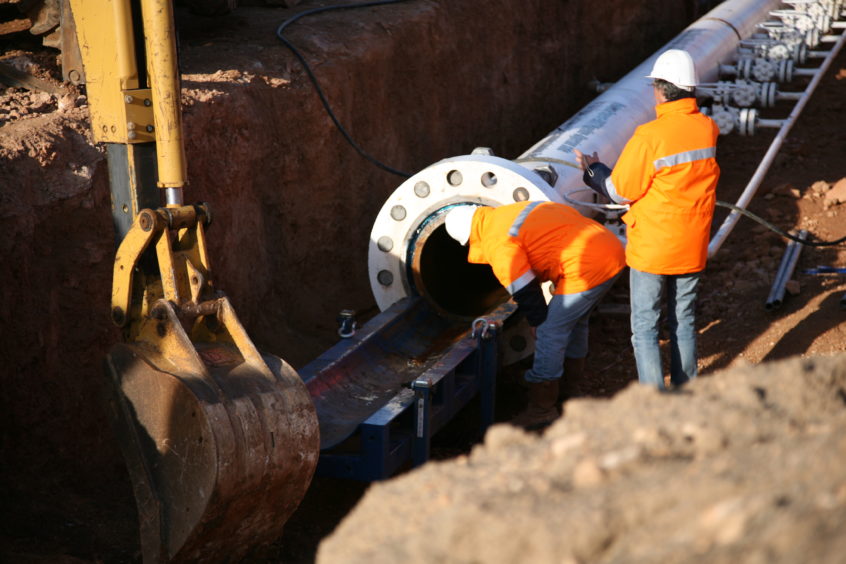
Medgaz wil carry out a study in 2023 on the possibility of blending hydrogen and gas in the pipeline, which runs from Algeria to Spain.
Sonatrach has a 51% stake in Medgaz, while Naturgy and BlackRock share the remaining 49% via the Medina joint venture.
Medgaz said it was taking the step to investigate hydrogen based on its support for the energy transition and in order to improve the environment. Furthermore, it noted, Europe is a particularly promising market for hydrogen opportunities.
It will carry out studies on blending next year, while also launching a working group to consider business opportunities in the area.
Medgaz said it intended to align with the regulatory standards of Algeria, Spain and Europe in terms of transporting hydrogen through pipelines.
The pipeline has recently increased its throughput to 10 billion cubic metres, through the addition of a fourth compressor at the Beni Saf facility, in Algeria.
Pipe potential
The European Union has set a target of importing 10 million tonnes per year of hydrogen by 2030. A report from Germany’s GIZ predicted the Medgaz link could carry up to 48 TWh of hydrogen, around 1.45mn tonnes.
The idea of hydrogen blending is growing as a means to lower the carbon intensity of existing pipeline networks. Some studies have shown hydrogen can provide up to 20% of volume without having an impact on customers.
However, there are concerns around embrittlement, where hydrogen degrades traditional pipeline materials. Furthermore, companies must also focus on avoiding leaks. Hydrogen is a smaller molecule than methane and is also a greenhouse gas.
Sonatrach and Eni struck a deal in May this year, which included plans for a green hydrogen pilot project. They agreed to site the pilot at Bir Rebaa North (BRN).
The Italian company is also working on solar plans in Algeria, to decarbonise hydrocarbon sites.
